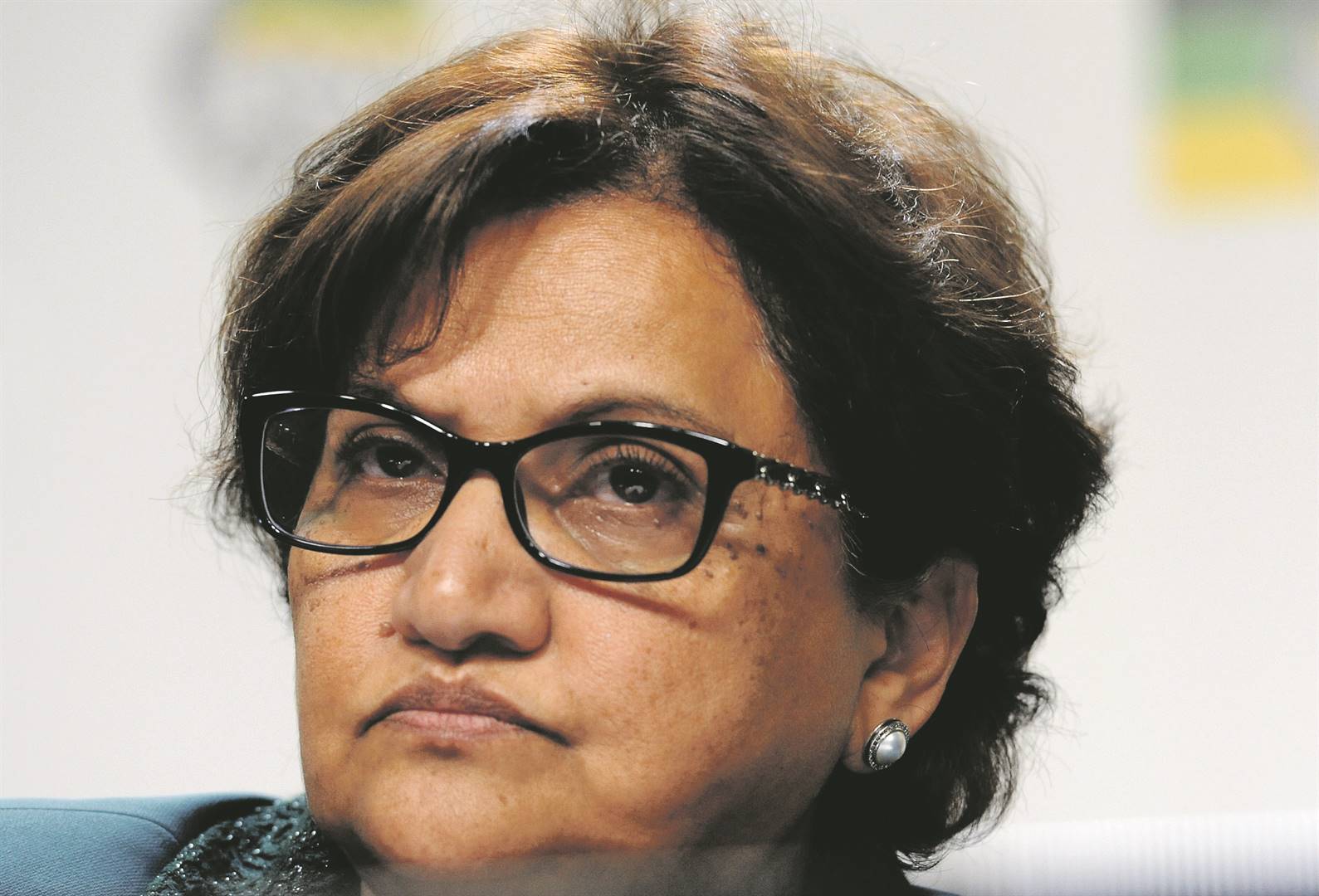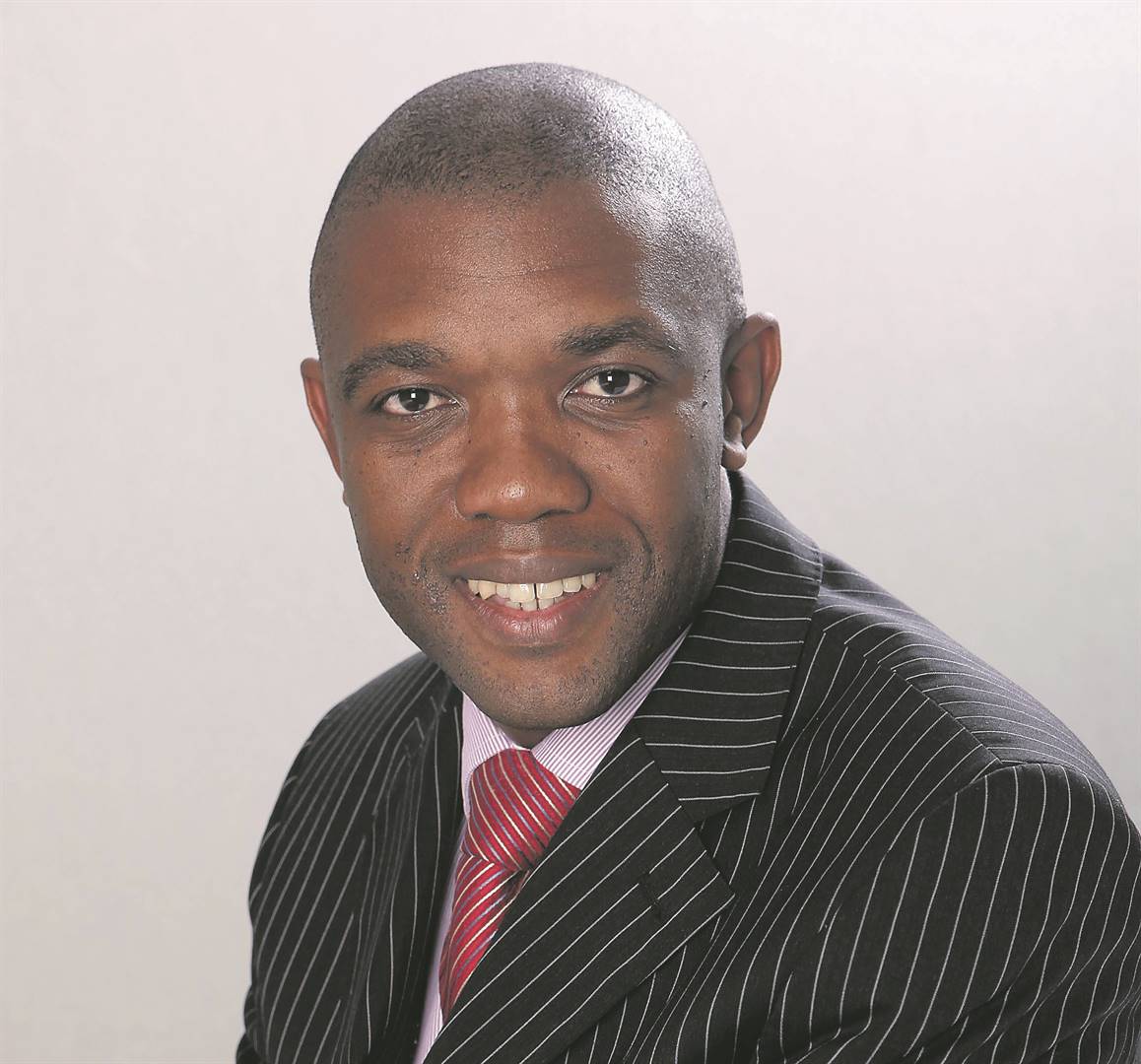
Following a week in which ANC deputy secretary-general Jessie Duarte made a vicious attempt to momentarily silence eNCA’s Samkele Maseko and the news station itself, it is worth examining what the increasing general and political hostility towards journalism portends for democracy itself.
For liberal democracy to work effectively certain assumptions inherent in this political model have to be true.
Apart from the right to vote freely, just laws and judicial processes, the model would not work without transparency and easy access to critical information.
While this is especially true in the case of state information, information held by private entities, such as businesses, is equally vital.
Even though our Constitution has put in place many institutions that are supposed to keep those in power in check, the experience of the past decade has shown us that they are vulnerable to attack.
We have seen how they have been gutted of their capacity to act in the interest of the people as a whole.
Read: Duarte, ‘the Trump of SA’, loses her cool with journalist asking about Magashule
In essence the entire law enforcement apparatus became an instrument of what amounted to a political protection racket that simultaneously facilitated an expansive criminal enterprise at the top of which were some of the country’s most powerful politicians and their friends in business.
Through this enterprise billions of rands were stolen, often brazenly, while law enforcement agencies did their best not to apprehend or prosecute anyone.
One of the very few ways South Africans became aware of some of the details of the rampant looting was through brave investigative journalism.
For instance, the Nkandla scandal might not have happened had it not been for the late Mandy Rossouw who first reported on the expanding improper use of scarce government finances.
It was journalists who reported on the looting of state coffers in Limpopo that became so severe National Treasury had to intervene.
We read about the Bosasa and Gupta networks, no doubt not the only two, in the press.
These press reports have contributed enormously to raising public awareness in the hope that ordinary people through their political representatives will pressure those in power to act in accordance with the spirit and letter of the Constitution.
Watching many South Africans interact with journalists on social media, or discuss them on other public platforms, one could easily conclude that journalists are the number one public enemy.
Yet, they should not be, and for a very important reason.
Read: Democracy needs media
Democracies live and die on the availability or lack of sufficient information.
Well-informed voters are able to better exercise their political choices whether that is in the form of their voting choices or through protest.
South Africa’s political authorities are no different from any in the world from wanting to keep the motives behind their actions out of the public view because, if the public were to know, they would soon understand that elected representatives act at the behest of those who provide political funding or bribes to them.
So if journalism has played such an important role in our democracy, why is it under so much attack? There are many reasons and none of them is simple.
First, the political culture and discourse have a deep-seated history of conspiracy theories.
When faced with difficult questions to which the public deserves answers, it is common for political elites to point at invisible, nameless enemies from within, from the “West” or lately, “white monopoly capital”.
This is usually done without providing any specific rebuttal of the facts presented in a news article.
Political followers have learnt to imbibe and internalise this nonsense, a political version of the old theory of witchcraft, and over time have been taught to ignore evidence and logic.
Linked to this is a tendency to attach journalists to these imaginary enemies without ever producing any evidence.
When this link is drawn before a political support base that has been raised on a diet of fables, the link will be believed almost with mathematical certainty.
This is not to say journalists have been innocent. If anything, they tend to be their own worst enemies.
Read: Book extract: The day Ace Magashule took the mayor to Gangster Land
Second, the SA National Editors’ Forum has tended to reduce the role of the press to one merely about press freedom. This is most unfortunate.
A free press is a requirement for something bigger, a robust democratic culture and democracy, not just the right of individual journalists to practise their craft.
As a consequence of this narrow positioning, the battle over aspects of the Protection of State Information Bill, the so-called secrecy bill, many members of the public were left thinking that this was about the interests of journalism, not democracy itself.
It is also as a result of this mode of thinking that politicians easily lump journalism with imaginary so-called enemies of the people or some revolution instead of the people as a whole.
Third, the rapidly weakening financial position of media companies means that they are no longer able to hire the best.
If anything, editors are often under pressure to get rid of their best because they are deemed expensive by the owners.
The consequence is a drop in journalism standards, where so-called investigative journalists do nothing of the sort, but rely on leaks by peddlers of information who have a political agenda in mind.
This is not to say that all information peddlers provide is not worth publishing.
It is, however, important to fully appreciate their motives in relation to whether the information provided is fully contextual and complete.
Often it is a partial picture that falls apart as the story develops in the coming weeks and months, as we saw in the “SA Revenue Service rogue unit” saga.
To the eternal detriment of the credibility of journalism, there are journalists who find it exceptionally hard to follow the twists and turns of the evidence that emerges because they took too strong a position from the start.
Such arrogance does no favours for the position of trust journalism should occupy in the public consciousness.
It makes it vulnerable to attack from people whom society should be wary of by providing them with the ammunition they need to discredit it so they may get away with abuse of power and corruption.
This is made worse by technological developments that have turned everyone with a smartphone or a laptop into a publisher through blogs, vlogs and social media platforms, such as Twitter.
These platforms are increasingly being used to disseminate disinformation that seeks to divide, confuse and paralyse the public simply because it no longer knows who to trust anymore, including journalists.
It is impossible for a society to remain stable and prosperous in such an environment of chaos.
However unpalatable this may be to some, journalism has an indispensable place in our democratic architecture.
We simply cannot do without it, in particular in an age when unknown actors with hidden interests can publish on the internet with no accountability and gain traction from an unsuspecting and naive public.
Journalism is needed to curate, verify and check information that is put out there so that the public may retain the ability to make informed political, economic and regular buying decisions.
We need the profession for our own sanity, but the press cannot play this role if it continues to believe the world around it has not changed and therefore it must change with it.
We also need investigative journalism to shine a light on the actions of the powerful in the public and private sectors, which have the potential to harm society through corruption and abuse of power.
This is a task that, as yet, cannot meaningfully be fulfilled by a Twitter post or account. It needs expertise and vast infrastructure that is costly to obtain and maintain.
South Africa’s democracy is young and vulnerable and its own citizens are prone to actions that undermine democracy itself.
The worst thing we can do is to marginalise and destroy a profession that is a profound service to the creation of a free society.
As much as some may want journalists to parrot only what they say, or for it to go away completely, we have to engage critically to mould it into what a mature democracy needs.
We will not do that by intimidating and threatening journalists with violence in the manner we have seen in recent times.
Those who do, especially in defence of their wrong actions, cannot and should not enjoy the support of those who claim to be committed to democratic ideals, otherwise we will deliver ourselves into the eager hands of fascism.
That outcome is far worse than the odd article that gets it wrong.
Zibi is an author and former editor of Business Day
TALK TO US
What should be done to ensure that the media continues to play its critical role in democracy?
SMS us on 35697 using the keyword MEDIA and tell us what you think. Please include your name and province. SMSes cost R1.50. By participating, you agree to receive occasional marketing material




 Publications
Publications
 Partners
Partners









